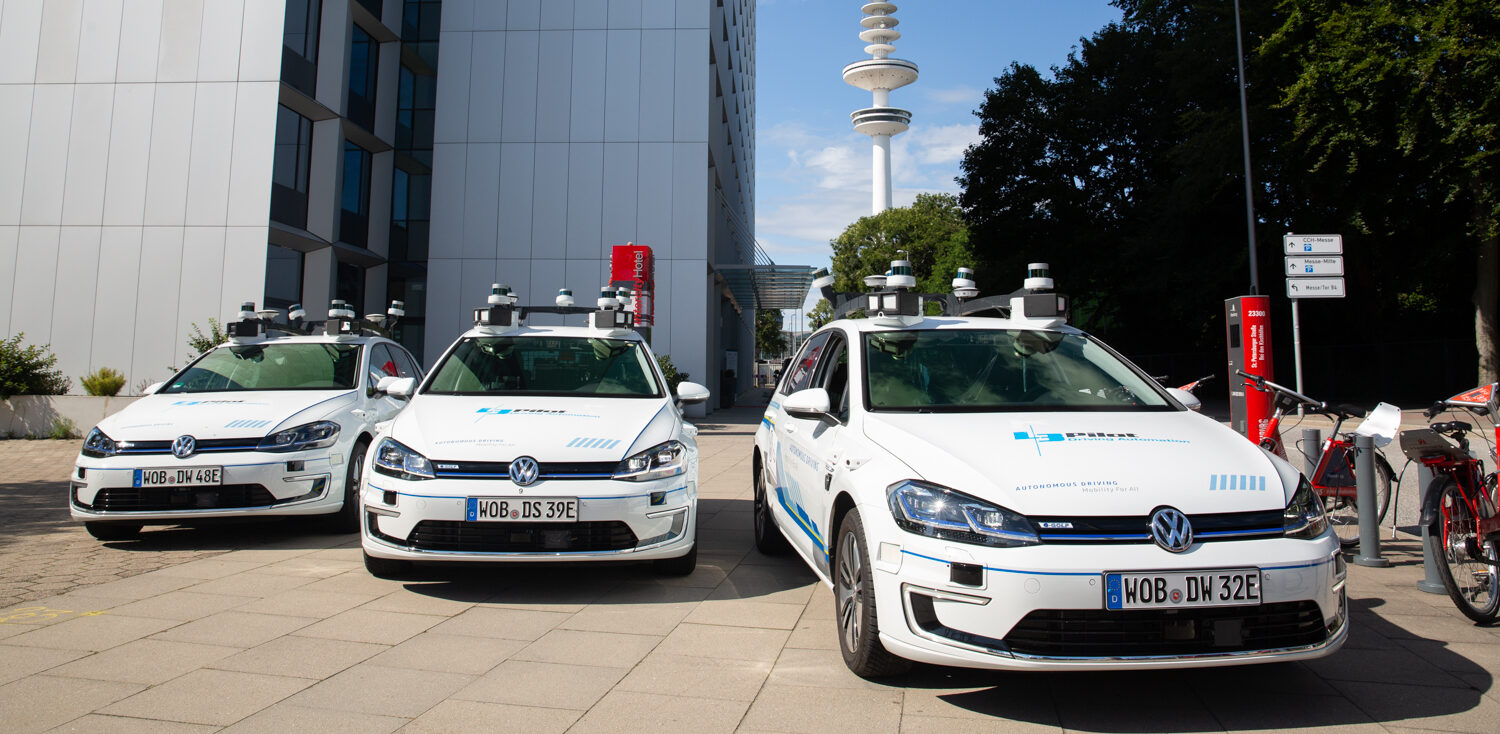Last modified more than a year ago

L3Pilot: Europe-wide large-scale piloting of Automated Driving Functions successfully accomplished
L3Pilot: Europe-wide large-scale piloting of Automated Driving Functions successfully accomplished
After two years of massive efforts, by the end of February 2021, the partners of the L3Pilot project concluded the piloting of Automated Driving Functions (ADF) on public roads across Europe. At the same time some of the pilots, on a voluntary basis, are also planned beyond February 2021 to collect data for upcoming R&I activities. Altogether, 14 L3Pilot test vehicle owners conducted trials on motorways and urban streets as well as test series in parking scenarios. The pilots, starting in spring 2019, involved seven countries – Belgium, Germany, France, Italy, Luxembourg, Sweden, and the United Kingdom – and included cross-border activities.
About 750 people participated as test subjects in overall 70 cars driving more than 400,000 kilometres. They experienced Automated Driving (AD) of different SAE levels, on either the driver or the passenger seat. To collect statistically comparable data for evaluation of AD, some of the driving was concluded in baseline mode, without automation. All vehicles were explicitly designed for the tests, e.g. equipped with sensors and control systems to enable the lateral and longitudinal control of the vehicle in the different scenarios. During each test drive, data was collected on system performance and driving experience, processed for the project’s technical user aspects’ evaluation purposes. For example, a camera recorded the subject’s facial expressions and gestures. This specific data is used to evaluate the interaction between the driver and the vehicle. Data was also collected to evaluate on how the vehicle behaves in traffic, for example in interaction with other motorized vehicles, cyclists and pedestrians; and at motorway junctions and traffic lights or while using vehicle-to-x communication.
In addition to data recording, before and after the test drives, the subjects’ opinions, attitudes, and experiences were assessed by means of questionnaires. This information will provide insight into users experience on driving vehicles with ADFs.
The anonymised and aggregated data collected in the pilot trials is shared among partners for the evaluation process. L3Pilot partners succeeded in developing a common data format (CDF) for both data collection and processing and implemented a consolidated database for processed data collection. The proposed CDF enables driving data and user questionnaire data sharing and promotes the development of tools for AD functions testing, verification, and validation. Based on the L3Pilot-CDF comparison of performance indicators across pilot sites per driving scenarios is enabled. The format is considered a useful specification item for follow-up projects in the field, and it is expected to contribute to future AD testing harmonisation in Europe. Data analysts interested to use L3Pilot-CDF may visit the published code under https://github.com/l3pilot/l3pilot-cdf.
The entire anonymised process of the data collection, conversion, and evaluation is subject to the strictest European data protection guidelines and was also developed according to the national guidelines.
As a next step, the data will be evaluated. L3Pilot will provide technical parameters characterising the vehicle’s behaviour within different traffic scenarios, evaluate the user acceptance, traffic safety and conduct a cost-benefit analysis. The overall impact of L3 technology on the environment and mobility as a system will be assessed. Wizard of Oz studies, drone datasets, and the data from simulator tests will provide additional information and raise the expected quality of the data evaluation even more; large-scale international surveys with 36,000 respondents assess attitudes towards L3 technologies and the effects on mobility.
The evaluation results will be publicly available as part of Final Report and Evaluation Reports by the end of the project in fall 2021.
To learn more about L3Pilot, visit the project website here.


